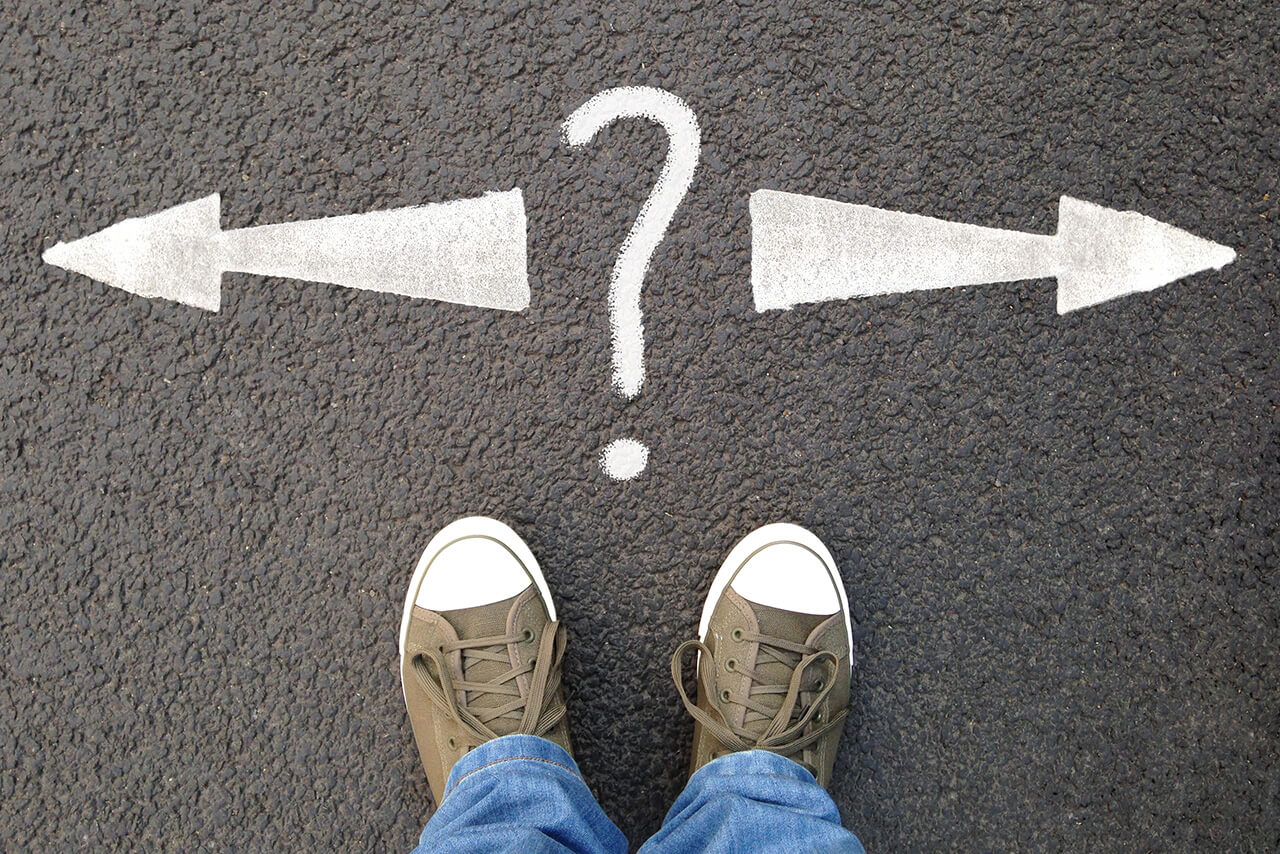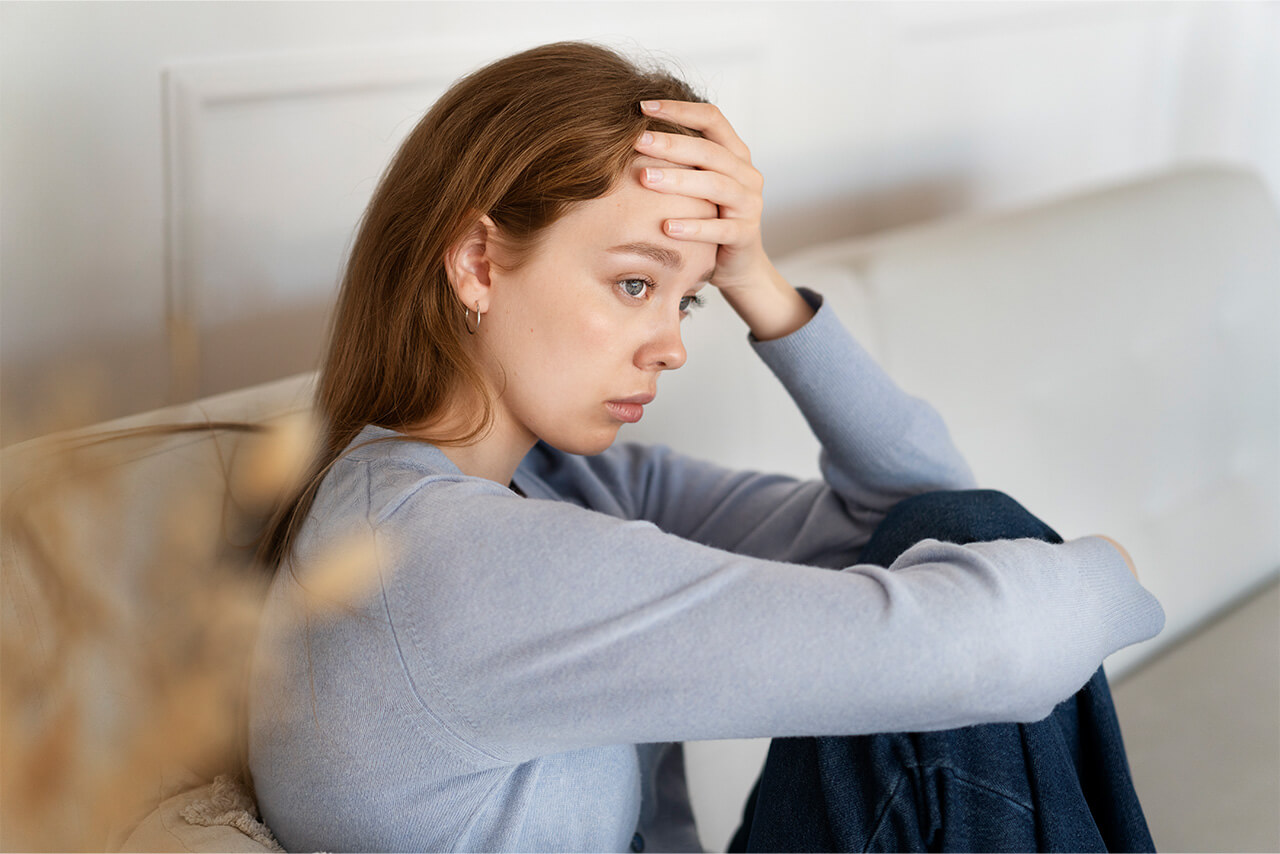Thinking about the future, asking how and what will happen, is an inclination inherent to our minds. However, the thoughts governed by the unknowns that may appear at any moment often bring us emotions such as fear, panic, and anxiety. The human mind tends to search for a threat behind everything it cannot control. We have a need to control the future and have a predictable order in our lives. However, the grays and shadows of uncertainty can shake this order and increase our level of worry. Anxiety, then, is the dark cloud of these grays and shadows that envelops the soul. In other words, it is a mental and emotional reflection of uncertainties. So, is uncertainty really a threat? Or is it a meaning imposed on it by our psychological structure? These questions, connected to anxiety, can deeply affect our mental health.
Click for more mental health articles.
Psychological Foundations of Uncertainty
The effect of uncertainty on anxiety has been extensively studied in the psychology literature. A 1998 study showed that people experience higher levels of anxiety in the face of uncertainty (Dugas et al., 1998). Our mental health is directly related to our ability to cope with uncertainty. A lack of this ability can trigger anxiety. Wilson and colleagues (2023) argue that uncertainty creates more anxiety when we are unable to fully predict a situation or event (Wilson et al., 2023). This situation, along with our inability to have certain knowledge, increases the perception of losing control and heightens the threat perception, ultimately trapping individuals in anxiety.

The Relationship Between Anxiety and Uncertainty
The Need for Control and Anxiety
Anxiety often emerges as a psychological side effect of uncertainty. Uncertainty can cause an individual to feel a lack of control. The anxiety experienced in response to uncertainty leads to the growth of fears. People desire to have control over their lives, but uncertainty disrupts this balance. Fears begin to grow about the possibility of something unknown occurring. This triggers anxiety and can lead to the development of anxiety disorders in daily life.
Cognitive Distortions
Uncertainty can cause individuals to associate events with worse outcomes. The human mind often evaluates probabilities in the worst possible way. When a situation of uncertainty arises, individuals tend to think about potential disaster scenarios and exaggerate them (catastrophizing). This increases physical symptoms, accelerates heart rate, and triggers sleep problems. As the shadows in the mind pull one deeper into a tunnel, uncertainty grows with every step, leading to a vicious cycle.
Social Pressures and Expectations
Societal expectations and the success-oriented nature of society can also make it harder to cope with uncertainty. People are constantly anxious about meeting the success and stability expectations placed on them by society. This pressure, especially during periods of high uncertainty, can intensify anxiety.
Psychological Defenses Against Uncertainty
-
Mindfulness
Staying in the present moment, rather than focusing on uncertain thoughts about the future, is an effective technique for reducing anxiety. These types of techniques allow individuals to face uncertainty in a calmer manner. -
Cognitive Behavioral Therapy (CBT)
This is a cognitive restructuring approach based on Beck’s (1976) theory. The method aims to help individuals reshape their negative thoughts and gain a healthier perspective. Specifically, pessimistic thoughts related to uncertainty can be addressed in a more rational and realistic manner using this technique.
-
Social Support
It is crucial for individuals to have a strong social network from which they can receive support when coping with uncertainty. Family, friends, and therapists can help individuals share their anxieties and develop healthier strategies. -
Time Management and Planning
Developing an effective time management and planning strategy is essential in coping with uncertainty. People may feel more uncertain because there is too much to do, or there is no clarity on where to begin. Good planning can reduce anxiety by showing individuals what to do and in what order to do it.

Conclusion: Embracing Uncertainty and Coping with Anxiety
The future is like an unwritten story; the excessive effort to control and overthink it only disrupts our inner peace. As Engin Geçtan states, once a person begins to think about the future, they step out of the paradise they are currently living in and enter the world of anxiety; the gray tone of worry settles upon them, the drive for ambition emerges, ownership begins, and the enjoyable vitality of life, free of thought, is lost. Uncertainty is a part of life, and it cannot be eliminated. However, our ability to manage this uncertainty directly affects our psychological health. Anxiety, due to its close relationship with uncertainty, can be alleviated by making peace with the shadows and grays, allowing us not only to reduce anxiety but also to live life more calmly and meaningfully, making the present moment more peaceful. Developing psychological skills to approach uncertainty in a healthier way leads us on a journey of discovery where our mental health is stronger. Mindfulness, cognitive restructuring, and planning strategies will remain with us as paths that reduce anxiety and find peace within uncertainty
References
Beck, A. T. (1976). Cognitive therapy and the emotional disorders. International Universities Press.
Dugas, M. J., Gagnon, F., Ladouceur, R., & Freeston, M. H. (1998). Generalized anxiety disorder: A preliminary test of a conceptual model. Behaviour Research and Therapy, 36(2), 215–226. https://doi.org/10.1016/s0005-7967(97)00070-3
Wilson, E. J., Abbott, M. J., & Norton, A. R. (2023). The impact of psychological treatment on intolerance of uncertainty in generalized anxiety disorder: A systematic review and meta-analysis. Journal of Anxiety Disorders, 97, 102729. https://doi.org/10.1016/j.janxdis.2023.102729


